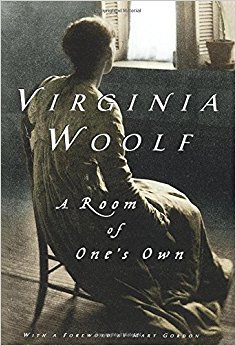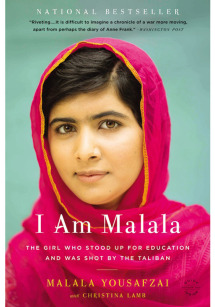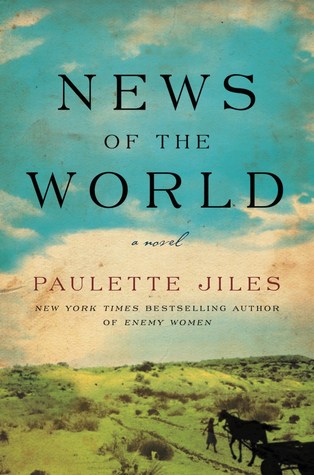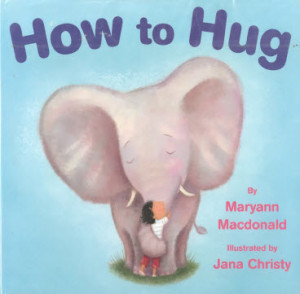Historically, women have been cast out to domestic roles as men flourish from the freedom of education. Women lack access to education as a result of a rich history of men having superior opportunities. The theme of women being left in the shadows is clear in Virginia Woolf’s parallels that relate to third wave feminism. Woolf further shows how gender inequality accounts for the lack of success women have as writers. In Virginia Woolf’s A Room of One’s Own their is a lack of space for women to grow as writers and artisits.

Wolf notes that women need a money and room of one’s own in order
to write. She stresses the importance of how women cannot have either of these necessities without education. When women are empowered to make their own choices and have ownership over their academic choices and they are more likely achieve success . The success of one women can project her female counterparts and future generations of women by paving a pathway for new opportunities. Sheryl Sandberg discusses the link between success and likability for men in Lean In.
“success and likability are positively correlated for men and negatively for women” as women are looked down upon by male counterparts who view them as lacking the skill to be worthy of gaining success (Sandberg 85).
In order to change the narrative about achieving success women must be the writers and creators of work that proves this narrative is outdated. Women must advocate for one another to bridge the gap in the work place and in academic pursuits.
Sheryl Sandberg discusses why a smaller percentage of women than men reach to the top of their professions. She offers 3 powerful pieces of advice in her TED x talk.
Woolf was far ahead of her time by promoting feminist ideals that would not emerge fully until the suffrage movement of 1920. She argued that the experiences of women could be reflected in their creatives works, and be the basis for social change. Nobel Peace prize winner Malala Yousafzai writes about her triumph for advocacy and social change regarding education for females in I am Malala. After being shot by the Taliban in 2012, on her way to school, Malala continued to speak out and advocate for educational rights. From her experience, Malala started a conversation about how the Taliban continue to pose a threat to advocates of education and women’s rights.
 Malala Yousufzai recuperating at the The Queen Elizabeth Hospital in Birmingham on October 19, 2012.
Malala Yousufzai recuperating at the The Queen Elizabeth Hospital in Birmingham on October 19, 2012.
The emphasis for women being educated is reflected in Wolf’s notion for women to have independence in order to write. Women are further empowered to break out of the confines of arranged marriages and domestic duties when they have money. Woolf acknowledges the limitation that come with this idea as her protagomist Mary owes her current position as a writer was furthered by the passing of her aunt. Wolf advocated for those who do not have the good fortune to inherit money that allows to pursue writing or creative endeavors. In order for women to gain true independence they must have access to educational opportunities.
Advertisements Share this:





